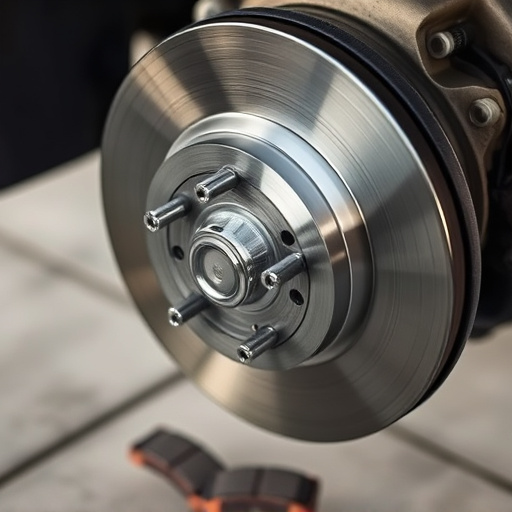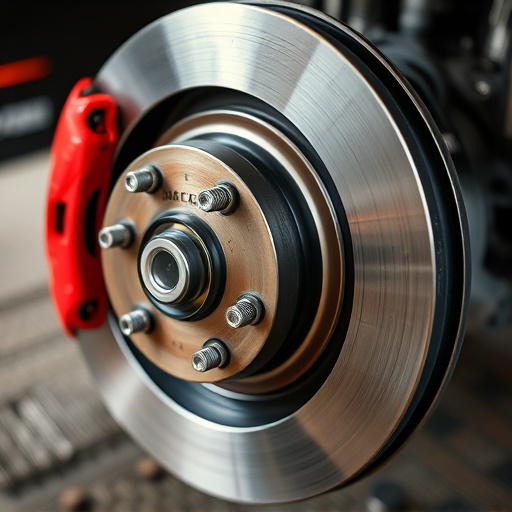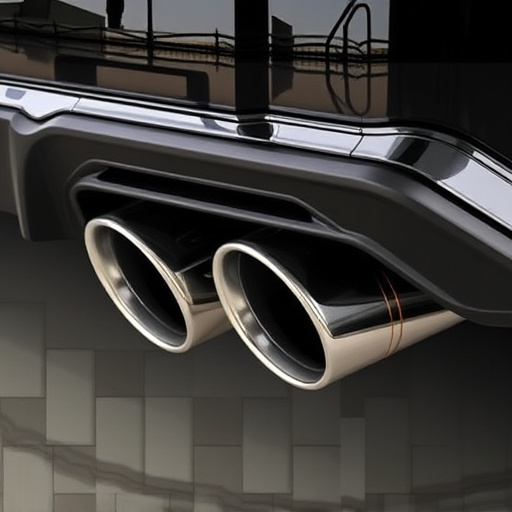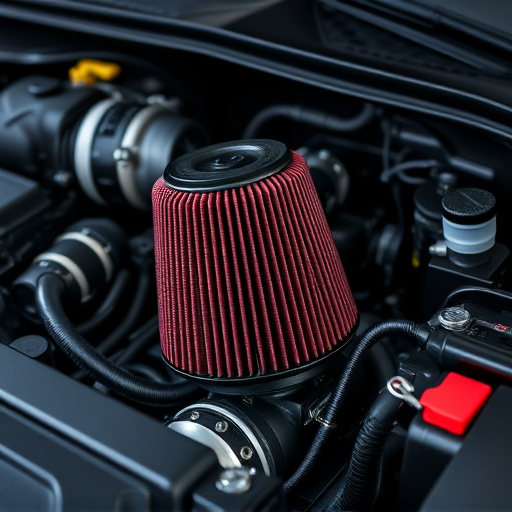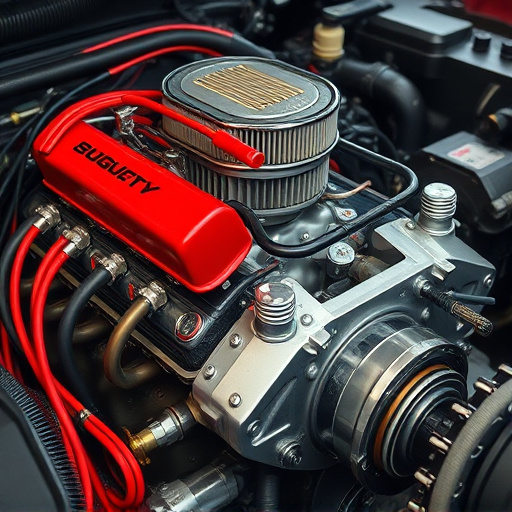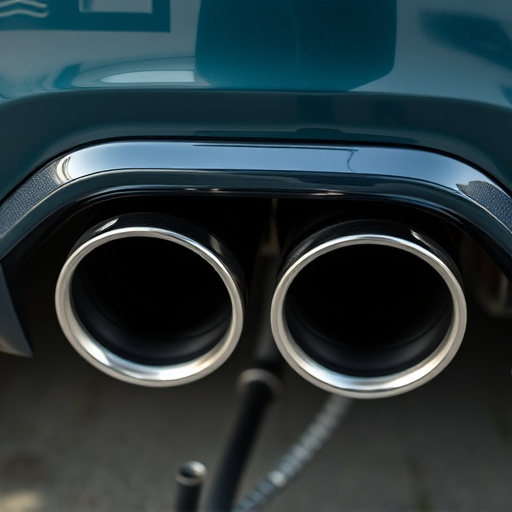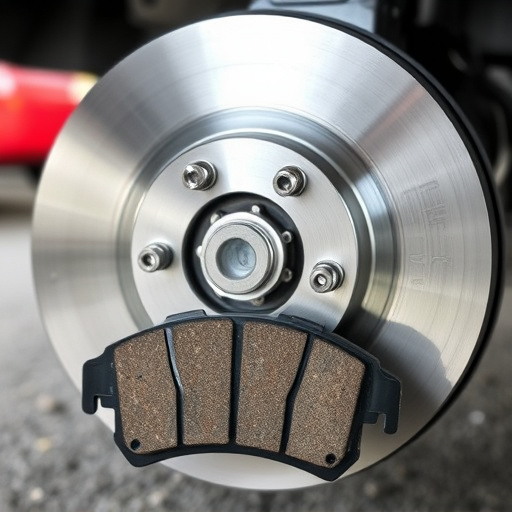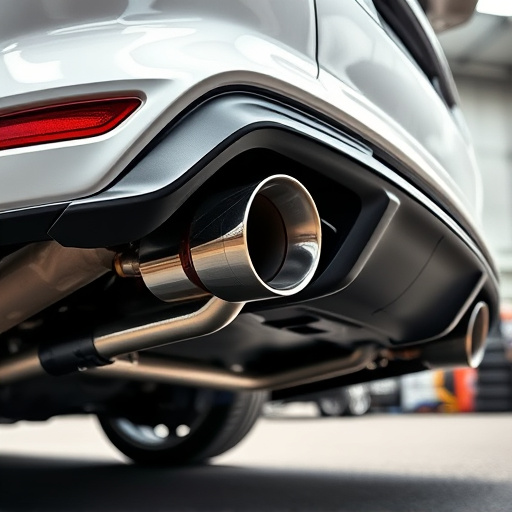Selecting the optimal exhaust systems for cars involves understanding vehicle needs, intended use (commuting vs track days), and desired performance improvements. Key considerations include compatibility with aftermarket modifications like cold air intakes, material choices for durability, impact on power and fuel efficiency, as well as personal preferences for sound and appearance. Different exhaust systems cater to various driving scenarios: stock for balance, performance-oriented for power & sound, and custom for ultimate personalization.
Choosing the right exhaust system for your vehicle is crucial for both performance and style. Understanding your car’s specific needs involves considering factors like engine type, driving habits, and desired sound profile. This article guides you through the process, highlighting various exhaust system types and their benefits. We’ll also explore essential factors to consider when upgrading, ensuring you make an informed decision that enhances your vehicle’s exhaust systems for cars while catering to your unique requirements.
- Understanding Your Vehicle's Exhaust System Needs
- Types of Exhaust Systems and Their Benefits
- Factors to Consider When Choosing an Exhaust System Upgrade
Understanding Your Vehicle's Exhaust System Needs
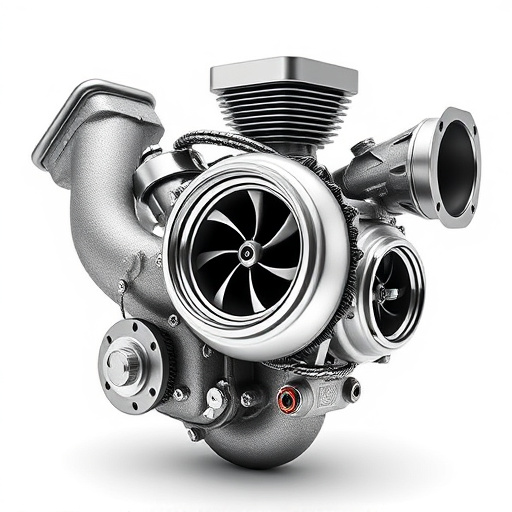
Every vehicle has unique exhaust system needs that depend on factors like its make, model, and intended use. To choose the right exhaust system for your car, it’s crucial to understand how yours currently functions and what improvements you’re looking to achieve. Exhaust systems facilitate the flow of spent gases away from the engine, so their efficiency is directly tied to your vehicle’s performance and fuel economy.
Different driving styles and environments demand varying levels of exhaust system performance. For instance, if you frequently drive in urban areas with frequent stop-and-go traffic, a more muted exhaust note might be preferred for a quieter ride. Conversely, if you’re an enthusiast who loves the sound of a powerful engine and seeks enhanced performance, a high-flow exhaust system could be the better choice. Additionally, consider any aftermarket modifications like cold air intakes or air filter kits, as these can influence your selection to ensure optimal compatibility and efficiency.
Types of Exhaust Systems and Their Benefits
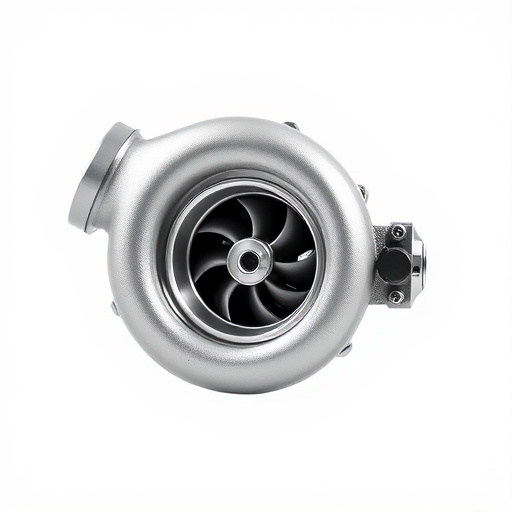
Choosing the right exhaust systems for cars involves understanding the various types available and their benefits tailored to your driving needs and preferences. There are stock exhaust systems, designed for optimal vehicle performance and quiet operation, offering a balanced drive; performance-oriented exhausts that prioritize power and sound, enhancing both engine roar and vehicle performance; and custom exhaust systems, allowing for ultimate customization in terms of style, noise level, and even fuel efficiency.
Stock systems strike a common ground, providing a smooth ride without compromising on safety regulations. Performance exhausts, on the other hand, cater to thrill-seekers who desire an exhilarating driving experience, often paired with performance brakes for added control. Custom exhausts offer the greatest flexibility, allowing owners to personalize their vehicles’ sound and appearance according to their unique tastes and requirements.
Factors to Consider When Choosing an Exhaust System Upgrade
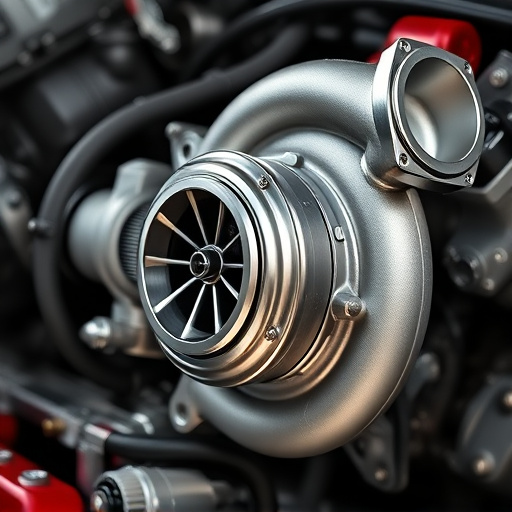
When upgrading your car’s exhaust system, several factors come into play to ensure you make an informed decision that aligns with your vehicle’s performance and driving preferences. First and foremost, consider the type of drive you primarily undertake; daily commuting or track days? Different exhaust systems cater to these scenarios, with road-legal options prioritizing quiet operation for regular driving, while race-oriented setups offer a more aggressive sound for track use.
Another critical aspect is the system’s construction material and design. Stainless steel is a popular choice due to its durability and resistance to corrosion, ideal for all-weather performance. Additionally, consider the impact of the upgrade on your vehicle’s power and fuel efficiency. High-flow exhaust systems can enhance performance by reducing backpressure, but they might also require tuning adjustments for optimal results, especially when replacing stock components like intake parts and brake pads.
When selecting the best exhaust system for your vehicle, it’s key to balance performance gains with reliability. By understanding your car’s specific needs, exploring different exhaust types and considering essential factors like quality, sound level, and budget, you can make an informed decision that enhances both your driving experience and your vehicle’s longevity. Remember, the right exhaust system can transform your car’s performance and personality, so take your time to choose wisely among the various exhaust systems for cars available in the market.



